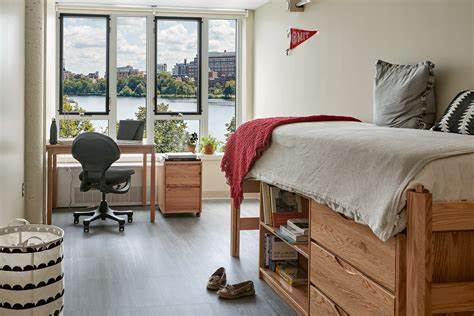This is the VOA Special English Education Report.
We continue our series of reports about how foreign students can study at an American college or university. This information also can be found on the Special English Web page at w-w-w dot VOA special english dot com. (www.voaspecialenglish.com) Today, we discuss where to live.
Most American colleges permit foreign students to live in college housing or housing not owned by the university, such as an apartment. College housing is usually in a building called a dormitory, or dorm for short.
Many foreign students say the dorms are less costly than apartments. They say dorms offer quiet study areas and areas for social activities or sports. They say dorms are close to places they go every day, like the library, computer center and classrooms. They also say that living in the dorm provides the best chance to get to know other students.
Dormitories may have as few as twelve students or as many as one-thousand. Some dorms are organized into areas called suites. Suites have several bedrooms, a large living area and a bathroom. Six or more people may live in one suite. Other dorms have many rooms along a hallway. Two students usually live in each room. On each floor is a large bathroom for all the students who live on that floor. Sometimes there is also a kitchen for preparing food.
In most universities, males and females live in the same dorm. They may even live on the same floor. But they usually may not live in the same room or suite. Most universities have some separate dorms for men and women.
Edward Spencer is the chief housing officer at the Virginia Polytechnic Institute and State University in Blacksburg, Virginia. He says some universities are willing to change policies so foreign students can live in the dorms. For example, Virginia Tech changed its policy banning candles in the dorms so that foreign students could hold ceremonies that require them.
Mister Spencer says foreign students should ask questions of university officials before deciding where to live. For example: Does the university provide special kinds of food the student may require? Will the university provide a single room if the student requests it? Do any of the dorms have private bathing areas? Mister Spencer says it is important to understand the rules of the building in which you will live.
This V-O-A Special English Education Report was written by Nancy Steinbach.
